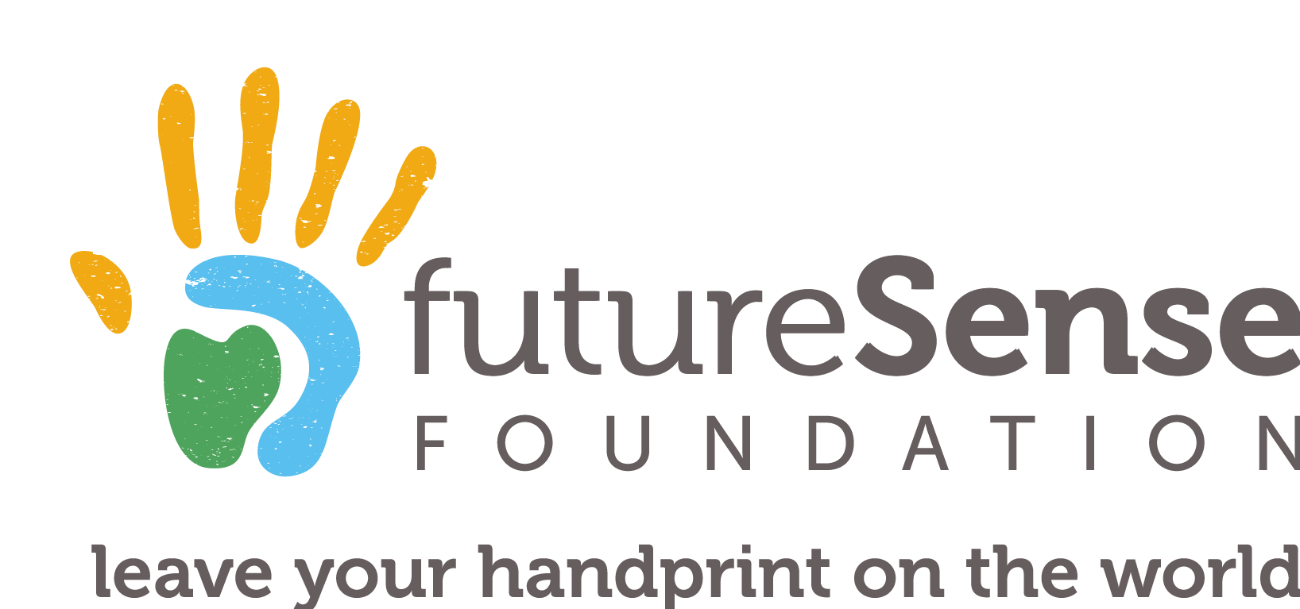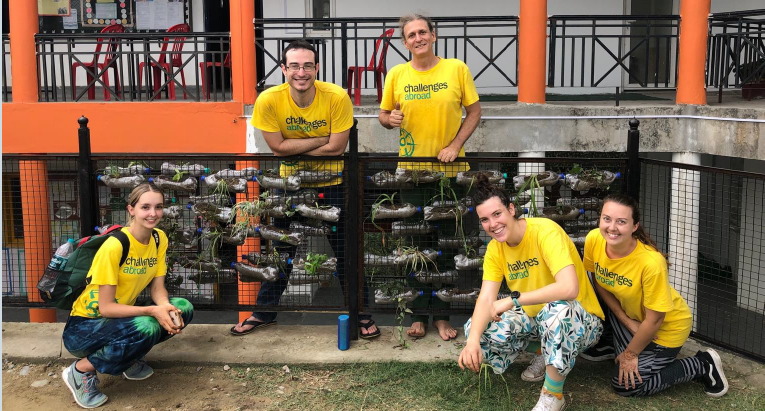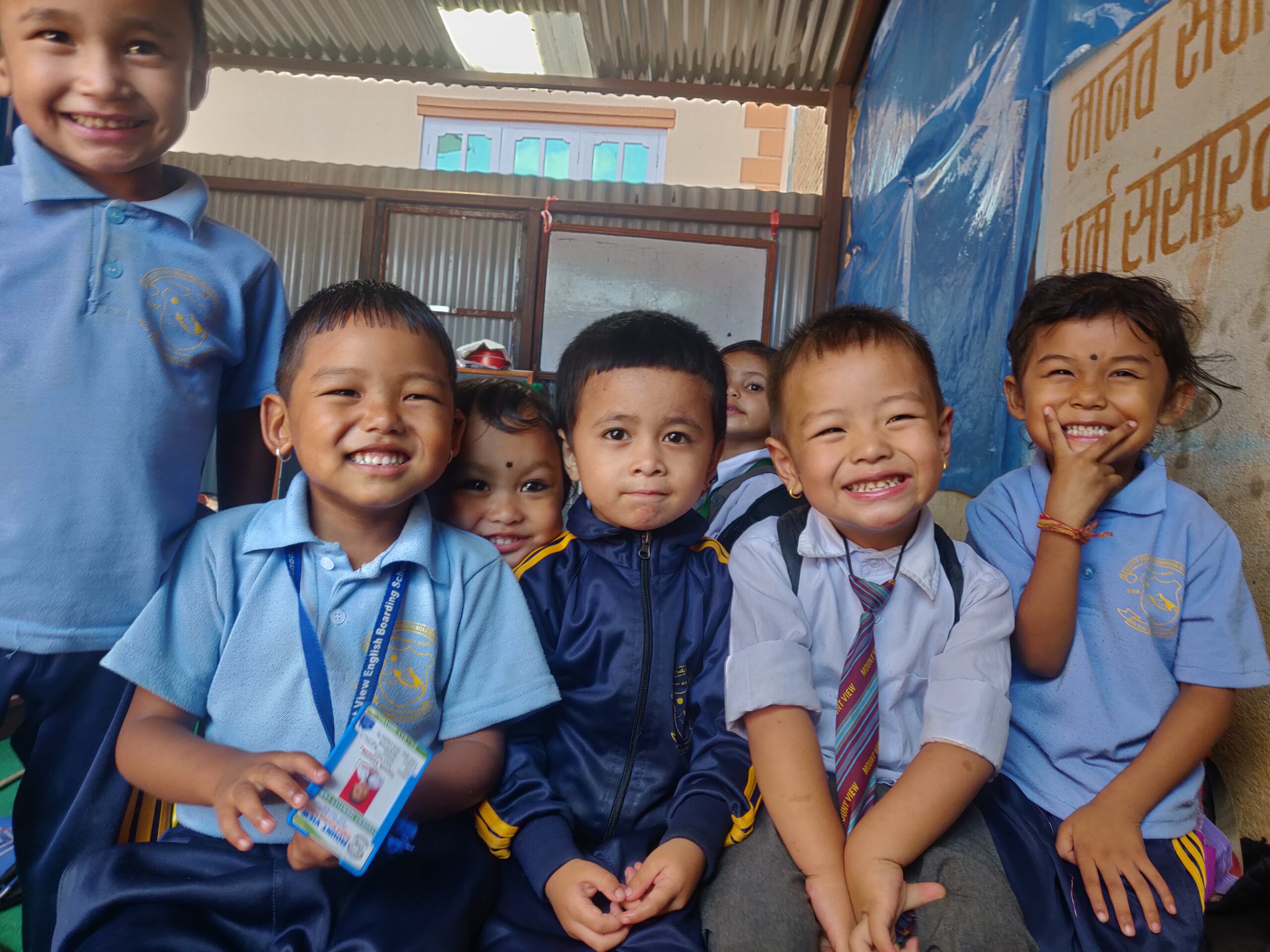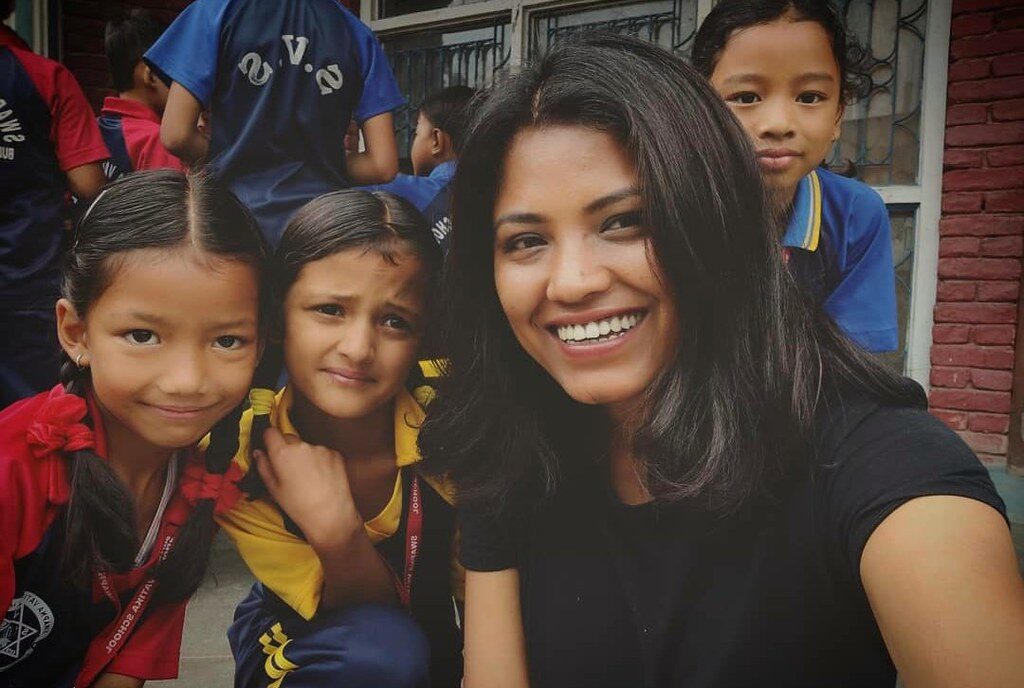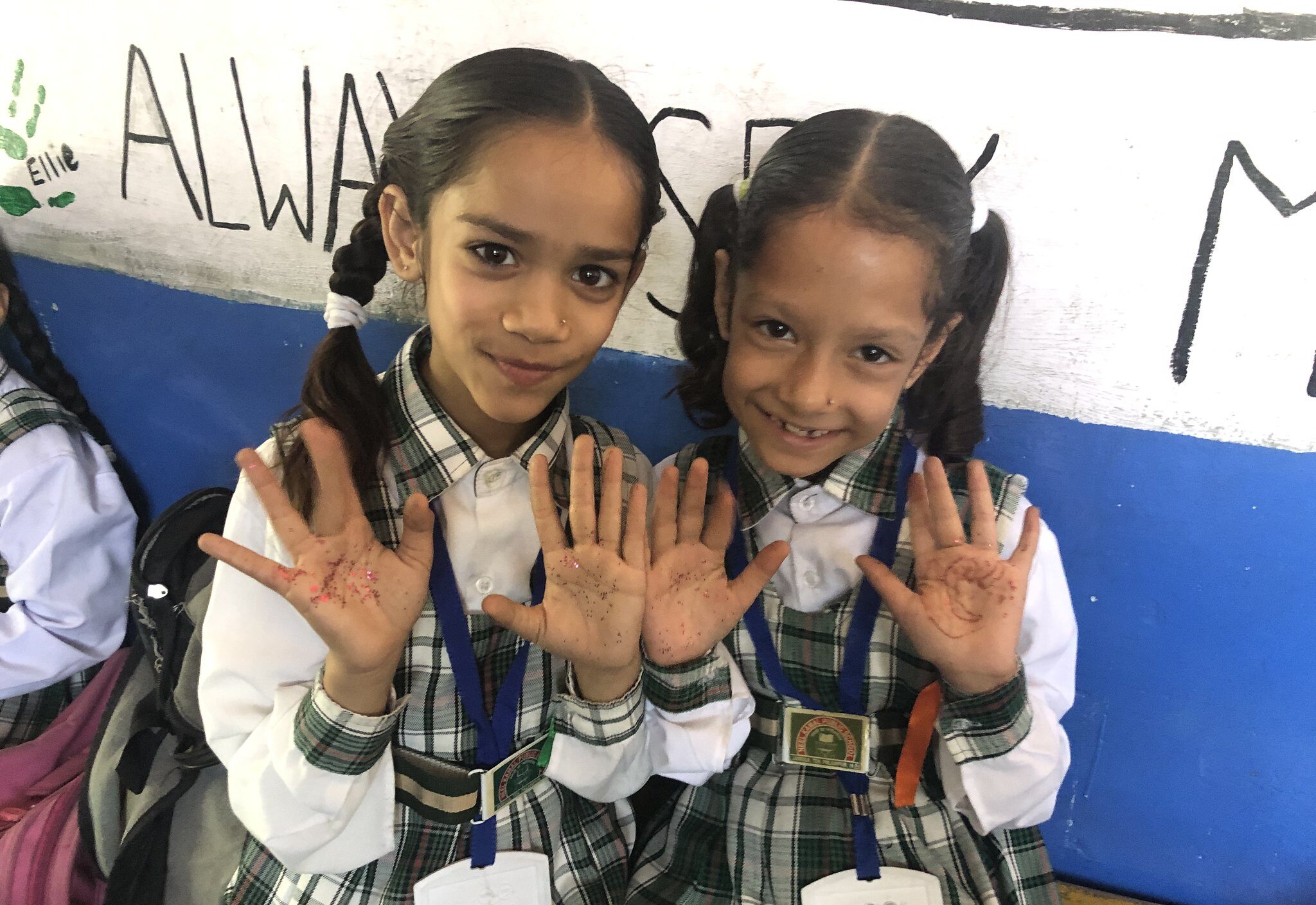At the FutureSense Foundation, ensuring environmental sustainability and promoting sustainable actions through our programs is of a huge priority. Over the past few years we have become aware of additional ways we could ensure and promote environmental sustainability, not just through our programs but in the core of our overseas hubs.
1. All vegetarian food
In 2019 we made the shift to serving only vegetarian food to our volunteers. This decision was made for multiple reasons, one being to ensure safe food hygiene and safety practices, but largely as a way to reduce our carbon footprint and to also educate the volunteers who spend time with us about simple practices they may be able to introduce in their own homes. Based on the average carbon emissions produced by a daily medium meat eater diet, but changing our hubs to vegetarian diets, carbon levels were reduced from approx. 173 pounds produced over two weeks to 117 pounds, a 47% reduction. On top of this, the food that we serve is sourced predominantly local markets, meaning the carbon footprint from food miles travelled, is also reduced! Some of our hubs have even started their own vegetable gardens so these food miles can be reduced even more. We believe that by serving vegetarian food to our volunteers over a 2-3-week program, we will encourage them to learn more about their own food habits and how they can reduce their own meat intake, once they’ve returned home.
2. Plastics
All of our hubs have large water coolers fitted so our volunteers don’t need to buy plastic water bottles and contribute to the plastic waste crises in the countries where we work. In addition, we ensure that in scenarios where our volunteers do purchase items of plastic, we collect and re-use or repurpose these items. For example, in our Cambodia hub our latest groups have focused on the creation of eco-bricks! Eco bricks are reusable building blocks that are made by filling an item (often a water bottle) with clean and dry single use plastics to create a sturdy brick that can then be used in the creation of buildings and gardens. This also means that the environments in which we work are also cleaned up so we can source additional plastics that may have otherwise ended up in waterways or being burnt and can now be in an eco-brick. All of our hubs explore creative ways in which they can both reduce and re-use any plastics through initiatives like vegetable gardens and plant pots made out of water bottles and program resources.
3. Tree Planting
Another new initiative in 2019 was introducing tree planting for our hub staff members and volunteers! To make steps towards becoming completely carbon neutral throughout 2020, all volunteers visiting our overseas hubs will now plant several trees, calculated by our in-country teams to offset their carbon footprint. Hub staff will also plant the equivalent number of trees with each volunteer group. The MyClimate Application was used to calculate the average emissions for volunteers from both the UK and Australia. Tree planting is just one of the initiatives that has been introduced to offset these emissions, in addition to diet, waste management, recycling and transportation changes. The trees planted are in government approved and protected areas and will be double the number required to offset these emissions.
We realise that in the fight against climate change, organisations and people around the world need to make lots of small, sustainable actions for real change to be realised. We’re excited to be playing our part towards environmental sustainability in our hubs with an aim to be completely carbon neutral within the next two years.
